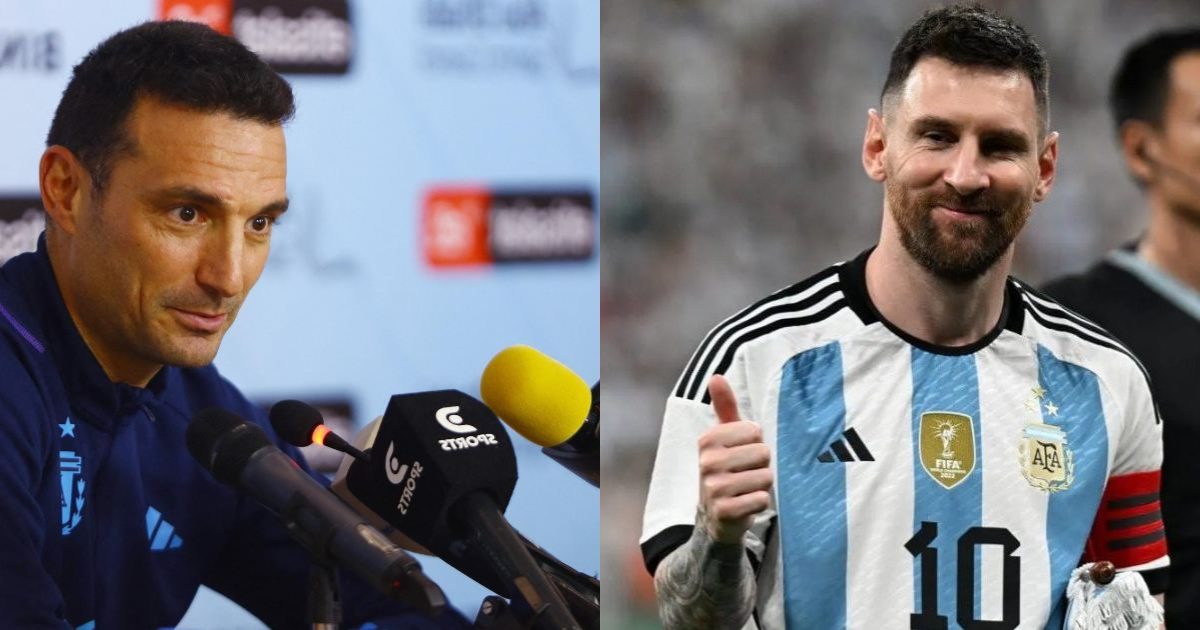Lionel Scaloni spoke about the debate over the World Best Player
In a recent interview with Marca, Argentina’s national team coach Lionel Scaloni offered insights into various aspects of the team’s future, particularly addressing the enduring legacy of Lionel Messi. Scaloni emphasized that debates surrounding individual awards like the Best Player in the World extend beyond football, highlighting the media’s role in shaping perceptions. He stressed that such accolades are ultimately subjective and not a point of contention among those directly involved in the sport, suggesting that if other players had won, it would have been equally acceptable to football insiders.
“I think the debate goes beyond football, I don’t think that between the football player or the coach there is a debate as to why he won it. If it had been won by Haaland or Mbappé it would have been fine too. It’s media stuff. Debating why Messi won it when football people vote is strange,” Scaloni says.
Addressing the prospect of coaching Argentina in the Olympics, Scaloni deferred to former teammate Javier Mascherano, expressing his admiration for Mascherano’s coaching aspirations and affirming his support for him to lead the team if they qualify. However, he hinted at the logistical challenges of integrating senior players like Messi and Di María into the Olympic squad, citing the importance of evaluating their physical readiness and balancing commitments like the Copa America.
Looking ahead to a post-Messi era for Argentina, Scaloni acknowledged the inevitable transition but remained optimistic about the team’s future. Drawing parallels to past transitions after the departures of iconic figures like Diego Maradona and Oscar Ruggeri, Scaloni emphasized the team’s historical resilience and the ongoing obligation to maintain competitiveness. He emphasized the need to cultivate a new generation of talent capable of upholding Argentina’s footballing tradition, recognizing the challenge of filling the void left by departing legends while striving for continued success.
On the topic of Messi potentially participating in his sixth World Cup in 2026, Scaloni expressed cautious optimism, acknowledging the physical capabilities of players in their later years but noting the unpredictable nature of football and the mental aspect of prolonged participation at the highest level. While acknowledging Messi’s enduring talent and fitness, Scaloni suggested that decisions about his involvement would ultimately hinge on his mental state and readiness as the tournament approaches, reflecting the uncertainties inherent in long-term planning in football.

